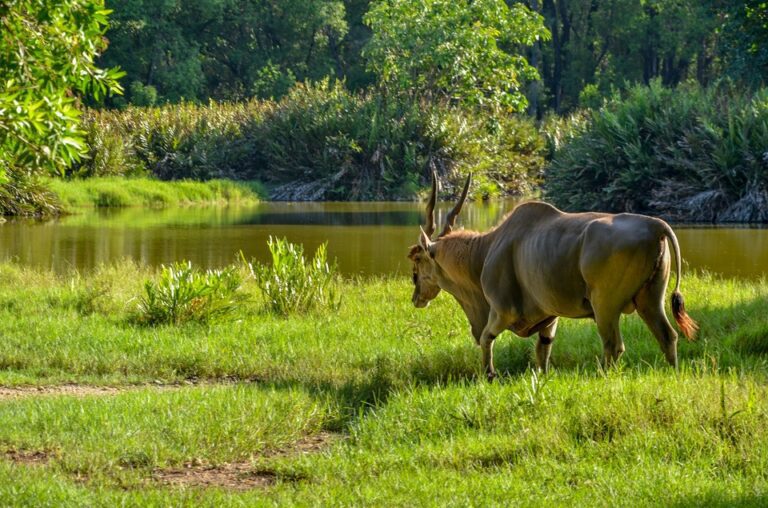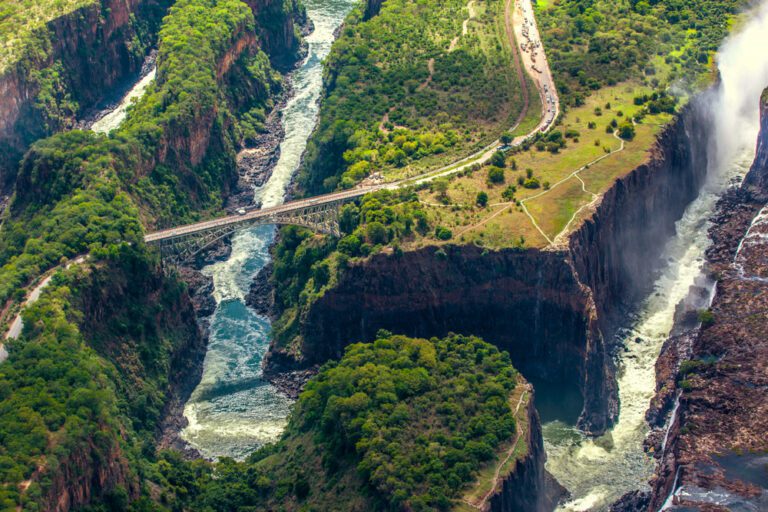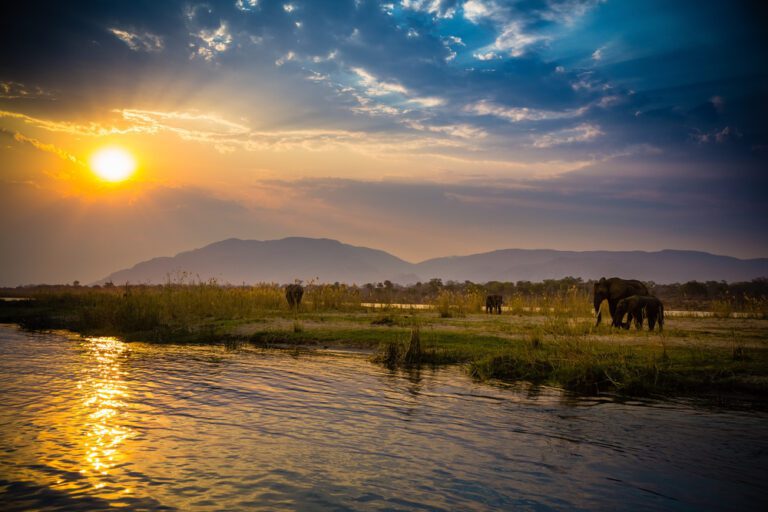Gardens
CHÂTEAU DE VILLANDRY – Completed in the 1750s, these glorious landscaped gardens are filled with ornamental vines, cascading flowers, ruler-sharp box hedges and tinkling fountains. The highlight is the 16th-century decorative kitchen garden.
CHÂTEAU D’USSE – Elaborate Usse inspired Charles Perrault’s classic fairy tale La Belle au Bois Dormant (known to English-speakers as Sleeping Beauty). Its creamy white towers and slate roofs certainly do jut out from the edge of the forest of Chinon as if from the pages of a book, but its most notable feature is the wonderful formal gardens designed by Andre Le Notre – landscape architect of Versailles.

CHÂTEAU DE CHAUMONT-SUR-LOIRE – Set on a bluff with sweeping views along the Loire, this chateau was originally a defensive fortress. Its elaborate gardens are at their finest during the International Garden Festival (late April to October each year), when more than 700 gardens are designed within the grounds. This year marks the 25th anniversary of the festival.
Art & Architecture
CHÂTEAU DE CHAMBORD – This cityscape of turrets is hands-down the grandest and most visited chateau in the Loire Valley. Begun in 1519 under Francois I, it snowballed to include 440 rooms, 365 fireplaces and 84 staircases. Visit in the early morning to see it rise atmospherically from the mist.

CHÂTEAU DE CHENONCEAU – Spanning the languid Cher River via a series of supremely graceful arches, Chenonceau castle was largely the work of several remarkable women; it has an alternative name, Le Chateau des Dames. The interior includes a fabulous art collection with works by Tintoretto, Correggio, Rubens and others.
Lesser known
CHÂTEAU DE BEAUREGARD – The highlight of quiet Beauregard is a fascinating portrait gallery depicting 327 European notables including Christopher Columbus, Henry VIII and his doomed wife Anne Boleyn. The grounds encompass numerous gardens for summer strolls.
CHÂTEAU D’AZAY-LE-RIDEAU – Romantic, moat-ringed Azay-le-Rideau is adorned with slender turrets, geometric windows and decorative stonework, wrapped up within a shady park. Built in the 1500s on an island in the River Indre, it is currently open while undergoing rolling restoration works.

CHÂTEAU DE LANGEAIS – Fantastically preserved inside and out, Langeais was constructed as a fortress in the 1460s to cut off the likely invasion route from Brittany. It remains every inch the medieval stronghold: crenellated ramparts and defensive towers jut out from the rooftops of the surrounding village. Original 15th-century furniture fills its flagstoned rooms.






